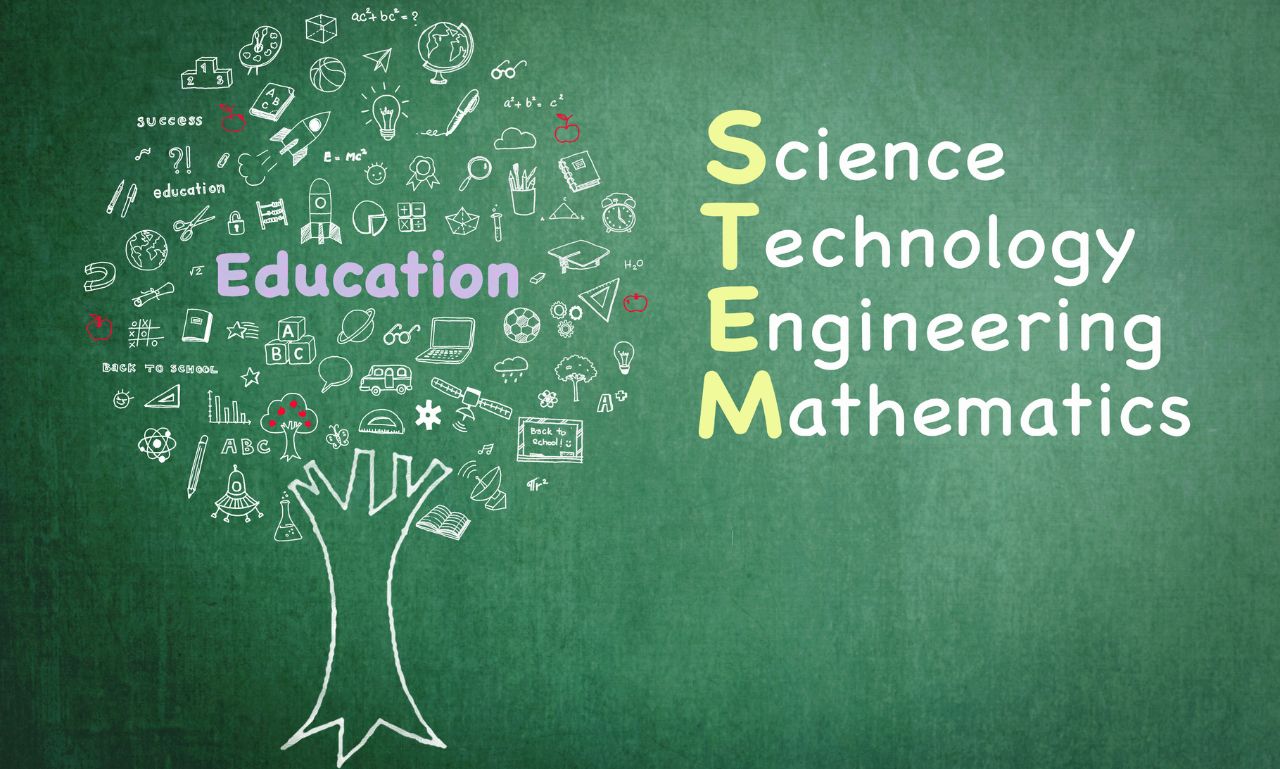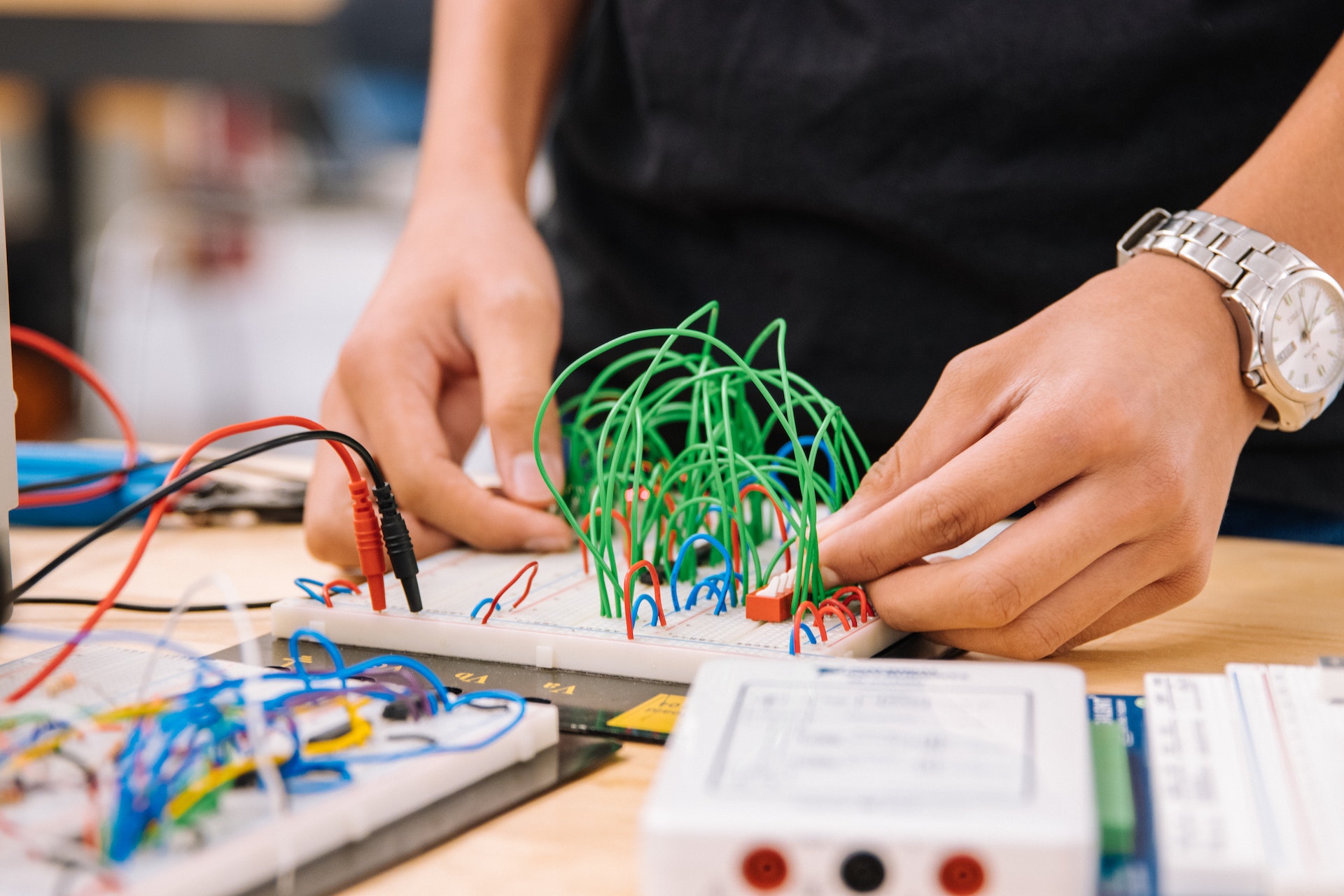Introduction
Education is one of the most powerful tools that can be used to address social inequalities and create a more equitable society. However, access to quality education is still a privilege for many and not a right. Education can be a great equalizer, but only if it is accessible to everyone regardless of their socioeconomic status, race, ethnicity, gender, sexual orientation, or any other factor. The importance of equity and social justice in education cannot be overstated. In this blog post, we will explore why equity and social justice are crucial in education and how they can be achieved.
What is Equity in Education?
Equity in education means providing equal opportunities for all students to achieve their full potential. It is about creating a level playing field where every student has access to high-quality education, regardless of their background. Equity in education means acknowledging that different students have different needs and providing resources to support those needs. For example, students from low-income families may require additional resources to overcome the barriers they face in accessing quality education.
Why is Equity in Education Important?
Equity in education is important for several reasons. First, it helps to create a fairer and more just society. When students from all backgrounds have access to high-quality education, they are more likely to succeed in life, break the cycle of poverty, and contribute to society in meaningful ways. Second, it helps to promote economic growth and development. When students are equipped with the knowledge and skills they need to succeed, they are more likely to secure well-paying jobs and contribute to the economy. Finally, it helps to reduce social inequalities by breaking down the barriers that prevent certain groups from accessing quality education.
What is Social Justice in Education?
Social justice in education means promoting fairness, equality, and inclusivity in the education system. It is about recognizing and addressing the systemic barriers that prevent certain groups from accessing quality education. Social justice in education means acknowledging that different groups of students face different challenges and providing resources to support those challenges. For example, students with disabilities may require additional resources to ensure they can fully participate in the education system.
Why is Social Justice in Education Important?
Social justice in education is important for several reasons. First, it helps to create a more inclusive and diverse society. When students from all backgrounds are represented in the education system, it helps to break down the social barriers that divide us. Second, it helps to promote social cohesion and reduce social tensions. When all students are treated fairly and equally in the education system, it helps to promote a sense of shared values and common purpose. Finally, it helps to promote social mobility by breaking down the systemic barriers that prevent certain groups from accessing quality education.
How Can Equity and Social Justice be Achieved in Education? Achieving equity and social justice in education requires a multi-faceted approach that involves addressing systemic barriers, providing additional resources to support disadvantaged students, and promoting inclusivity and diversity. Here are some ways in which equity and social justice can be achieved in education:
- Addressing systemic barriers: One of the biggest challenges to achieving equity and social justice in education is addressing the systemic barriers that prevent certain groups from accessing quality education. This requires addressing issues such as poverty, discrimination, and inadequate resources.
- Providing additional resources: Disadvantaged students often require additional resources to overcome the barriers they face in accessing quality education. This includes resources such as funding, technology, and support services.
- Promoting inclusivity and diversity: Inclusivity and diversity are essential components of achieving equity and social justice in education. This means ensuring that all students are represented in the education system, regardless of their background. It also means promoting cultural awareness and respect for diversity.
- Collaborating with communities: Achieving equity and social justice in education requires collaboration between schools, families, and communities.
Equity and social justice are critical components of any education system that seeks to provide equal opportunities to all students, regardless of their race, ethnicity, gender, or socioeconomic status. Dr. Shawn Joseph is a leading voice in the education field when it comes to championing these values, and his work has inspired many educators and leaders to adopt similar approaches.
Equity in education means ensuring that all students have access to the same resources and opportunities to learn and succeed. This requires acknowledging and addressing the systemic inequalities that exist within the education system, including disparities in funding, teacher quality, and curriculum. Social justice in education involves promoting fairness, inclusion, and respect for diversity, and creating an environment where students feel valued and empowered.
Dr. Joseph’s commitment to equity and social justice is reflected in his work as a teacher, administrator, researcher, and author. He has dedicated his career to creating more equitable and just education systems, and his leadership and contributions have inspired many others to follow in his footsteps. As educators, it is our responsibility to promote equity and social justice in all aspects of our work and strive to create a more just and equal society for all.








